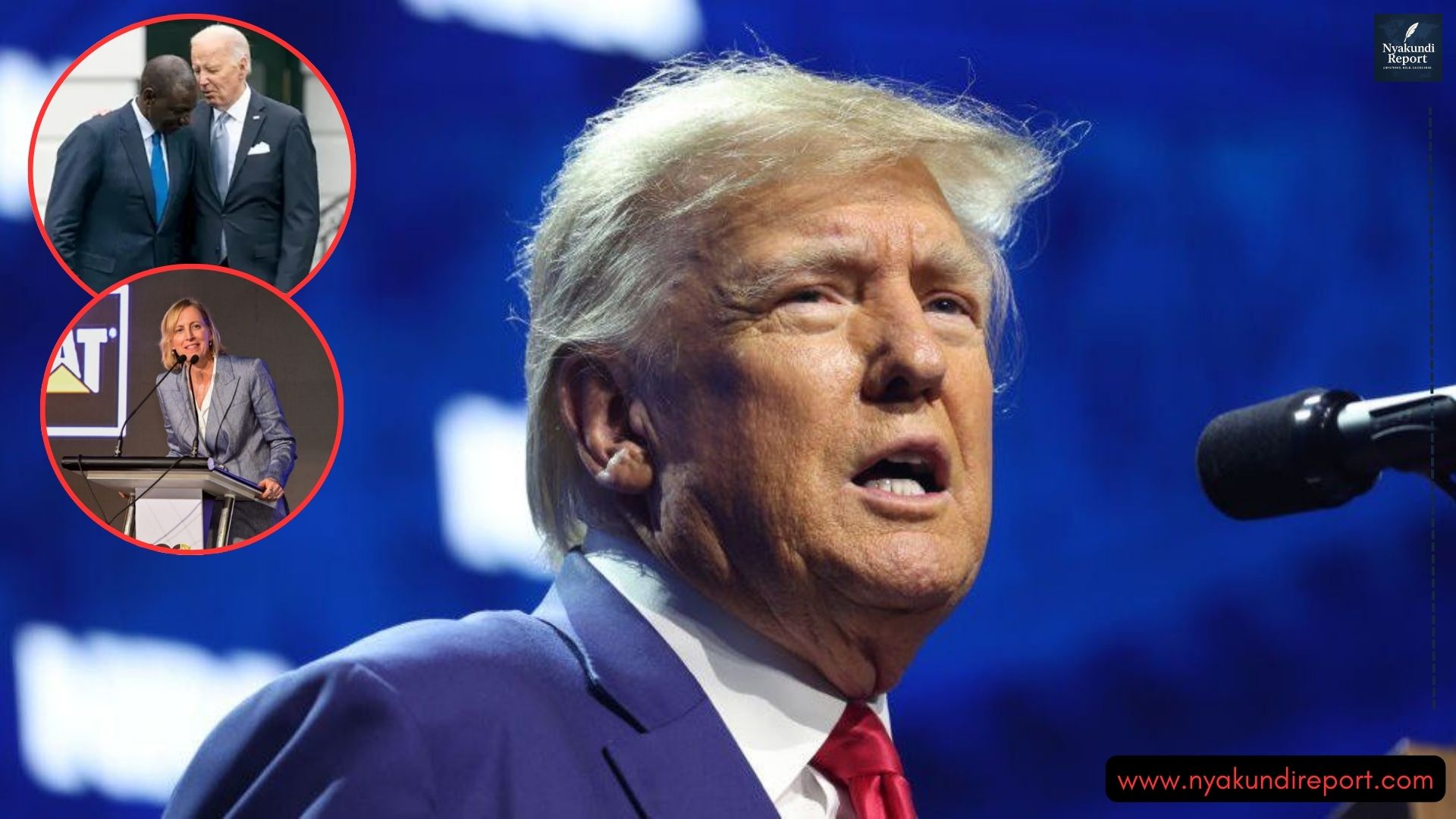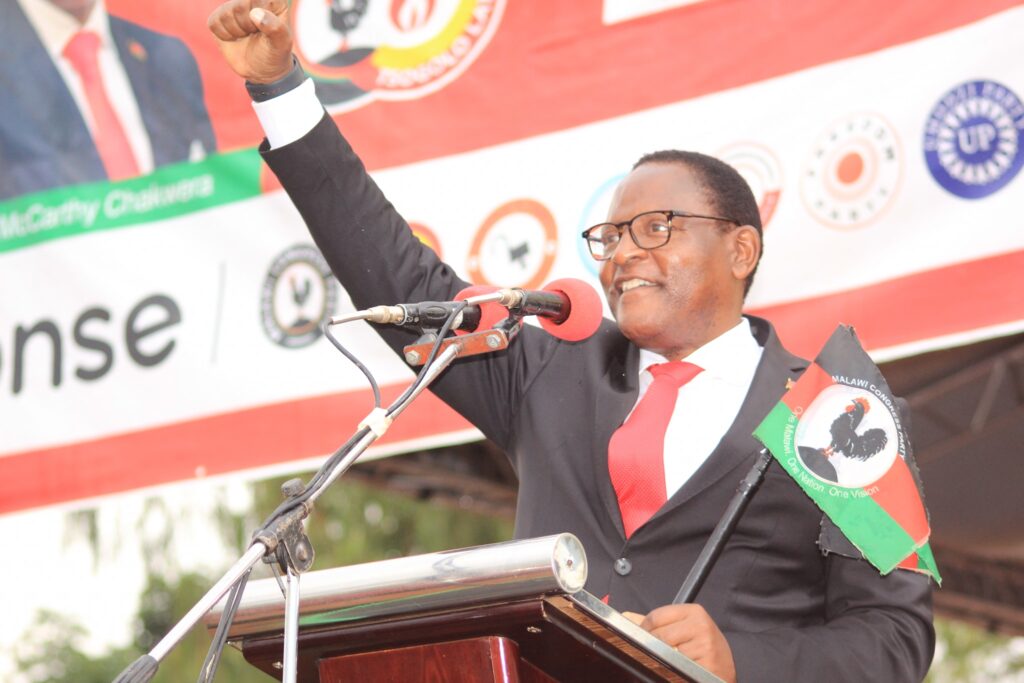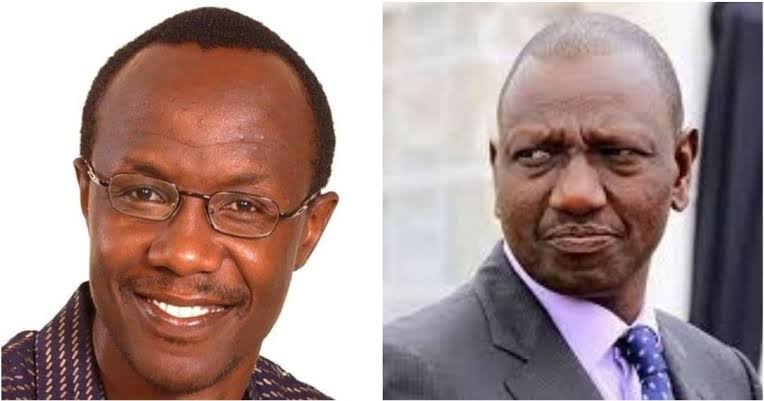Kenya may have to wait longer for a US Ambassador to Kenya, a delay linked to multiple political and administrative challenges in Washington. President Donald Trump has shown an aversion to leaders and governments that worked closely with his predecessor, Joe Biden, affecting diplomatic postings across Africa.
The recent US government shutdown and executive orders on foreign policy have compounded the hold-ups. Meanwhile, the US mission in Nairobi continues to function under Chargé d’Affaires Susan Burns, who manages diplomatic engagements while awaiting a formal ambassadorial appointment.

US Ambassador to Kenya Vacancy Signals Tensions Between Trump and African Leaders
The US government requires that ambassadorial appointments go through Senate confirmation before a nominee can take office in a foreign mission. Speaking to NTV, US Chargé d’Affaires Susan Burns confirmed that the expected appointments were initially scheduled before the end of the year but were delayed by the October government shutdown.
“Currently, we have a Chargé d’Affaires, which means an acting ambassador. In our system, we need ambassadors confirmed by the Senate. We do not have one yet for Kenya,” Burns said.
Despite not holding the official title, Burns is empowered to handle all diplomatic affairs, including trade, security, health, and investment. She added that while minor protocols like flying the American flag on vehicles are not observed, her authority to conduct diplomatic business is intact.
Kenya has continued cooperating with the US mission, even under an acting head. Trade, health, security, and defense remain top priorities for the bilateral relationship. Burns emphasized that her team’s working relationship with Kenyan officials has remained strong despite the delay.
Trump Executive Orders and African Diplomacy
Observers note that the delay in appointing a US Ambassador to Kenya reflects broader patterns in Trump’s foreign policy. The president has expressed negativity toward governments and leaders who collaborated closely with the Biden administration. This approach has slowed several diplomatic postings across Africa, with Kenya among the nations affected.
While Trump’s concerns over US funding for counterterrorism operations in Somalia have raised questions, Burns reassured that security cooperation with Kenya will continue. Kenya remains a critical partner in regional counterterrorism, and the US mission in Nairobi continues to coordinate efforts against Al-Shabaab and other threats.
Health and Trade Agreements Hang in the Balance
Another key factor behind the delay is the need to renegotiate bilateral agreements affected by previous freezes. Burns revealed that the US and Kenya are working on a new five-year health agreement to replace previously suspended USAID support.
Negotiations for a refreshed African Growth and Opportunity Act (AGOA) trade deal are also ongoing. The process slowed partly due to the government shutdown and the requirement of US Congressional approval. While the official AGOA pact remains inactive, Kenyan exports to the US continue to enjoy low tariffs, with only 10 percent applied to most goods.
The US mission in Nairobi is keen on finalizing these agreements, which are expected to boost trade, health, and investment ties. Burns stressed that despite delays, Washington remains committed to strengthening its relationship with Kenya.
Chargé d’Affaires Holds the Fort
Chargé d’Affaires Susan Burns functions as the acting US Ambassador to Kenya. Her role allows her to oversee all aspects of the mission, from diplomatic meetings to regional security coordination. While she does not have the ceremonial trappings of a full ambassador, including presenting credentials to the Kenyan president, Burns continues to manage the mission effectively.
She highlighted that bilateral cooperation remains robust despite the acting status of the US mission. Trade and health negotiations continue, security partnerships persist, and investment discussions remain active. Burns’ leadership ensures continuity in US-Kenya relations until a formal ambassador is appointed.
The delay underscores the political reality that US foreign policy can shift sharply between administrations. Kenya, despite being a longstanding partner, finds itself navigating these uncertainties while awaiting full diplomatic representation.
President Trump’s cautious approach to ambassadorial appointments suggests that the US Ambassador to Kenya position may remain vacant longer than expected. Meanwhile, Kenyan officials continue to engage with Burns and her team to sustain momentum in trade, security, and health collaborations.











































